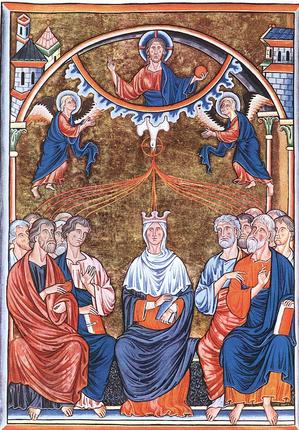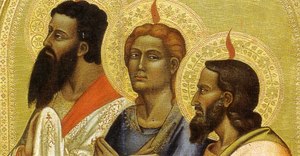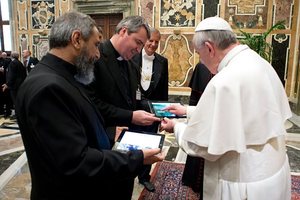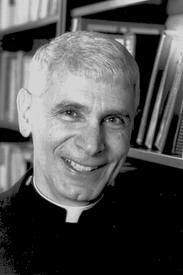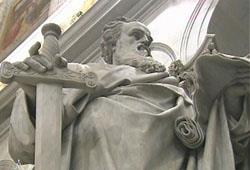One of the authors that I believe we have to look to for insight when it comes to sacramentality is the great southern woman, Flannery O’Connor. The great feast of Corpus Christi is this weekend.
Here is a reflection for us on the Vigil of Corpus et Sanguis Christi:
“I was once, five or six years ago, taken by some friends to have dinner with Mary McCarthy and her husband, Mr. Broadwater. (She just wrote that book, A Charmed Life). She departed the Church at the age of 15 and is a Big Intellectual.
We went at eight and at one, I hadn’t opened my mouth once, there being nothing for me in such company to say. The people who took me were Robert Lowell and his now wife, Elizabeth Hardwick. Having me there was like having a dog present who had been trained to say a few words but overcome with inadequacy had forgotten them.
Well, toward morning the conversation turned on the Eucharist, which I, being the Catholic, was obviously supposed to defend. Mrs. Broadwater said when she was a child and received the Host, she thought of it as the Holy Ghost, He being the ‘most portable’ person of the Trinity; now she thought of it as a symbol and implied that it was a pretty good one.
I then said, in a very shaky voice, ‘Well, if it’s a symbol, to hell with it.’ That was all the defense I was capable of but I realize now that this is all I will ever be able to say about it, outside of a story, except that it is the center of existence for me; all the rest of life is expendable.”

